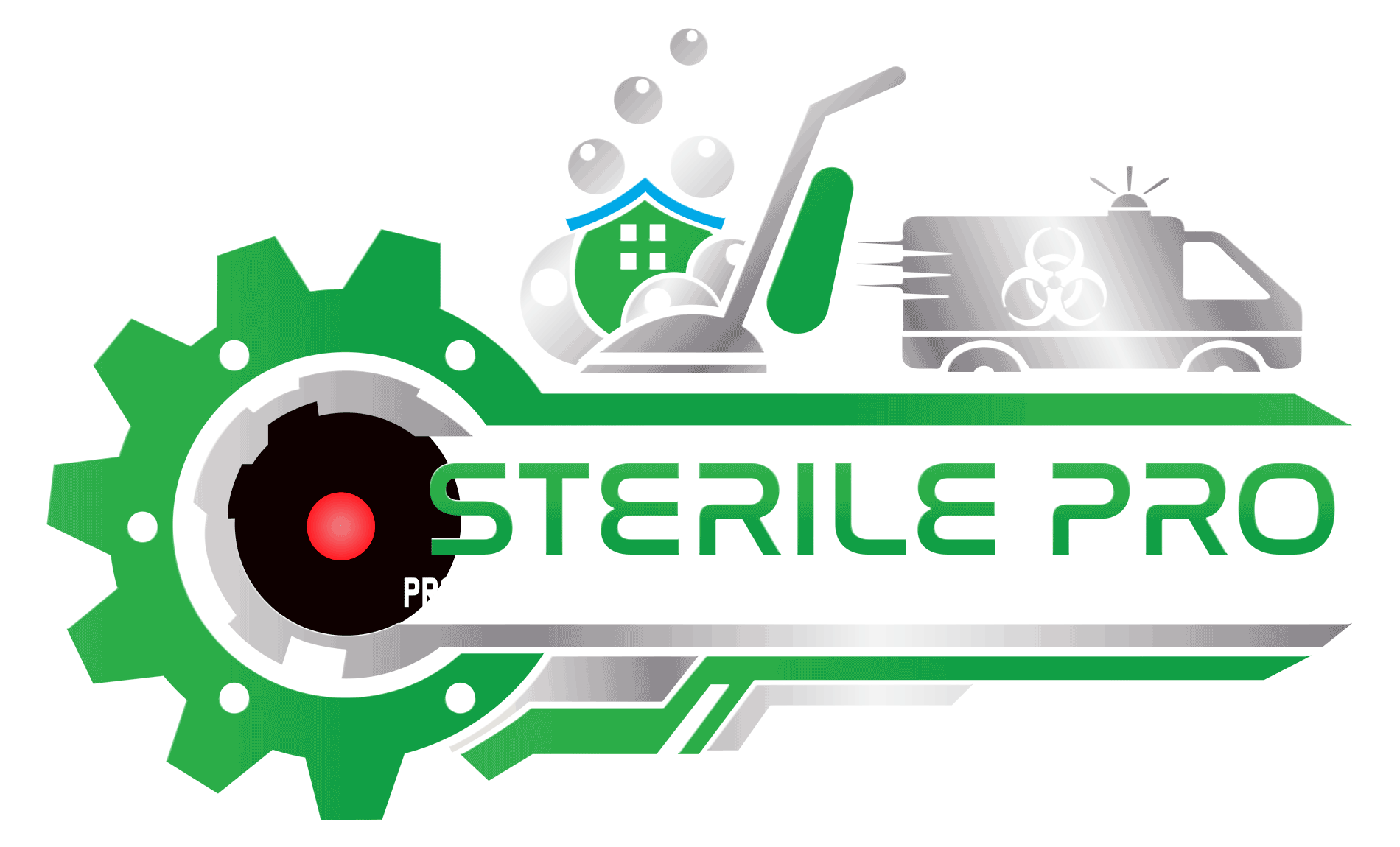Maximizing Profitability in Your Sanitation Franchise Business

In today’s competitive market, owning a sanitation franchise business presents a unique opportunity for entrepreneurs looking to maximize profitability while making a meaningful impact on community health and hygiene. Whether you’re considering entering this sector or already managing a sanitation franchise, understanding the dynamics of profitability is crucial.
Sanitation franchise businesses specialize in providing essential cleaning and disinfection services across various sectors, including residential, commercial, healthcare, and hospitality. With heightened awareness of hygiene in the wake of global health challenges, the demand for professional sanitation services has surged, creating a robust market for franchise owners.
The key to maximizing profitability lies in several strategic approaches. Firstly, leveraging the established brand reputation of a franchise can significantly reduce initial hurdles in market penetration and client acquisition. This advantage not only enhances credibility but also fosters trust among clientele seeking reliable sanitation solutions.
Moreover, operational efficiency plays a pivotal role. Implementing streamlined processes and utilizing advanced cleaning technologies not only improves service delivery but also optimizes resource utilization, thereby reducing costs and enhancing overall profitability margins.
Furthermore, the scalability of franchise models allows for growth opportunities beyond local markets, tapping into regional or even national clientele. This expansion potential, coupled with comprehensive training and ongoing support from the franchisor, empowers franchisees to navigate challenges effectively while maintaining service excellence.
In essence, profitability in sanitation franchising is not solely about revenue generation but also about prudent financial management, strategic growth initiatives, and maintaining high standards of service quality. This article explores these facets in detail, offering insights and strategies to help sanitation franchise owners thrive in a dynamic business landscape while achieving sustainable profitability and customer satisfaction.
Understanding Market Dynamics
In the dynamic landscape of sanitation services, the demand for professional cleaning and disinfection solutions continues to grow steadily. This growth is driven by heightened awareness of hygiene standards, regulatory requirements in various industries, and evolving consumer expectations post-pandemic. Sanitation franchise businesses are uniquely positioned to capitalize on these trends, offering specialized expertise and consistent service quality. By aligning operations with market demands and regulatory standards, franchise owners can establish a strong foothold in the competitive sanitation sector.
The Role of Brand Equity in Franchise Success
One of the primary advantages of joining a sanitation franchise is leveraging established brand equity. Franchises often carry recognized names and trusted reputations built over years of service excellence. This brand recognition not only attracts customers but also instills confidence and credibility in potential clients seeking reliable sanitation solutions. For franchisees, this translates into a competitive edge in the market, facilitating easier market penetration and customer acquisition. By maintaining brand standards and upholding quality assurance protocols, franchise owners can strengthen brand loyalty and enhance profitability in their operations.
Operational Efficiency: Streamlining Processes for Success
Operational efficiency is critical to the profitability of any sanitation franchise business. Efficient processes not only improve service delivery but also optimize resource utilization and minimize operational costs. Franchise owners should focus on implementing streamlined workflows, utilizing advanced cleaning technologies, and adopting eco-friendly practices where feasible. By investing in training programs for staff and implementing standardized protocols, franchises can ensure consistency in service quality across all operations. This commitment to operational excellence not only enhances customer satisfaction but also reinforces the franchise’s reputation as a leader in the sanitation industry.
Financial Management: Maximizing Profit Margins
Effective financial management is essential for maximizing profitability in sanitation franchise businesses. Franchise owners must carefully monitor and manage expenses, including labor costs, equipment maintenance, and supply chain logistics. By leveraging economies of scale through bulk purchasing agreements and strategic vendor partnerships, franchises can negotiate favorable pricing and reduce overhead expenses. Additionally, implementing robust accounting practices and regular financial analysis enables franchise owners to identify cost-saving opportunities and allocate resources more efficiently. By maintaining a healthy balance between revenue generation and cost management, franchises can achieve sustainable growth and profitability in the competitive sanitation market.
Customer Acquisition and Retention Strategies
Customer acquisition and retention are fundamental to the long-term success of sanitation franchise businesses. Franchise owners should implement targeted marketing strategies that emphasize the unique value propositions of their services, such as certified sanitation protocols, eco-friendly practices, or specialized industry expertise. Building strong relationships with clients through personalized service and proactive communication fosters customer loyalty and encourages repeat business. Moreover, soliciting feedback and implementing continuous improvement initiatives based on customer insights demonstrates a commitment to excellence and enhances overall service quality. By prioritizing customer satisfaction and retention, sanitation franchises can cultivate a loyal client base and drive sustainable revenue growth.
Adapting to Industry Trends and Innovations
The sanitation industry is constantly evolving, driven by technological advancements, regulatory changes, and shifting consumer preferences. Franchise owners must stay abreast of industry trends and innovations to remain competitive and relevant in the market. Embracing new technologies, such as robotic cleaning systems or eco-friendly disinfectants, can differentiate a franchise’s service offerings and attract environmentally conscious clients. Additionally, staying informed about regulatory requirements and industry standards ensures compliance and mitigates operational risks. By fostering a culture of innovation and continuous learning within their teams, franchise owners can position their businesses as industry leaders and pioneers of sanitation excellence.
Training and Development: Empowering Your Team
Investing in training and development is crucial for maintaining high service standards and fostering employee satisfaction within sanitation franchise businesses. Comprehensive training programs equip staff with the necessary skills and knowledge to perform their roles effectively, ensuring consistency in service delivery and adherence to sanitation protocols. Franchise owners should prioritize ongoing professional development opportunities for their teams, including certifications in specialized cleaning techniques or safety protocols. By empowering employees and promoting a culture of continuous learning, franchises can enhance operational efficiency, reduce turnover rates, and elevate overall service quality. Happy and well-trained employees are more likely to deliver exceptional customer experiences, driving positive word-of-mouth referrals and business growth.
Scaling Your Franchise: Opportunities for Expansion
Scalability is a key advantage of the franchise model, offering opportunities for expansion beyond local markets to regional or even national territories. Franchise owners should assess market demand, demographic trends, and competitive landscapes when exploring expansion opportunities. Developing a strategic growth plan that includes market research, financial projections, and operational scalability ensures a structured approach to expansion. Franchisors often provide support in site selection, marketing initiatives, and operational guidance to facilitate successful expansion efforts. By leveraging the proven business model and support systems of their franchisor, franchise owners can capitalize on growth opportunities and maximize profitability in new markets.
Conclusion
In conclusion, maximizing profitability in a sanitation franchise business requires a strategic approach encompassing market understanding, operational efficiency, financial management, customer-centric strategies, adaptation to industry trends, employee empowerment, and scalable growth initiatives. By leveraging the inherent advantages of franchising, such as brand equity and operational support, franchise owners can navigate challenges effectively and capitalize on opportunities in the dynamic sanitation industry. Emphasizing quality service delivery, customer satisfaction, and innovation ensures sustainable business growth and long-term success in this essential sector.
“For more information please click on this link“



